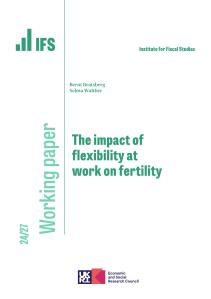Interventions that aim to change outcomes for women and children typically target women. Yet in contexts where men are the dominant decision-makers, male preferences and beliefs may remain the binding constraint. We ask – when we target men, women or both, with the same intervention in the same context – how their information and beliefs about private and social returns, versus their power to change household outcomes, trade off. We conduct a cluster-randomized control trial of an edutainment intervention aimed at delaying marriage of adolescent children in rural Pakistan. Our treatment arms target men and boys, women and girls, or both. We find that targeting men, or both genders jointly, significantly reduces child marriage of girls in targeted households. Underlying this, we show that whenever men are treated, they focus on private returns to the household; whenever women are treated, they focus on both private and social returns; and only when both genders are treated jointly, does the focus on social returns also become salient to men.










